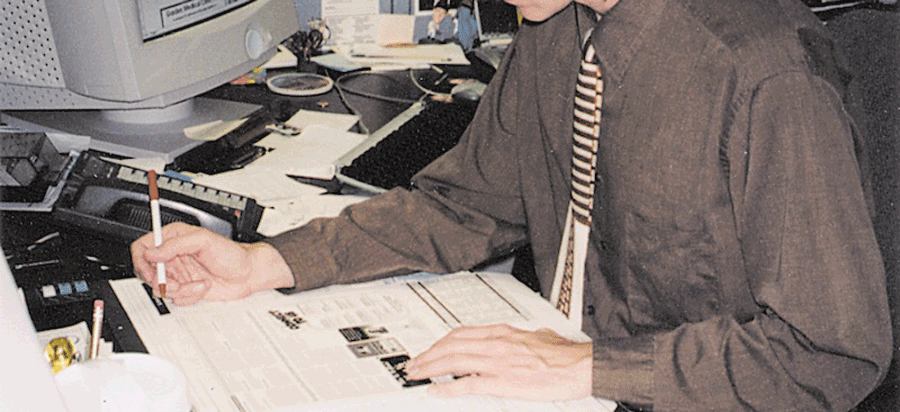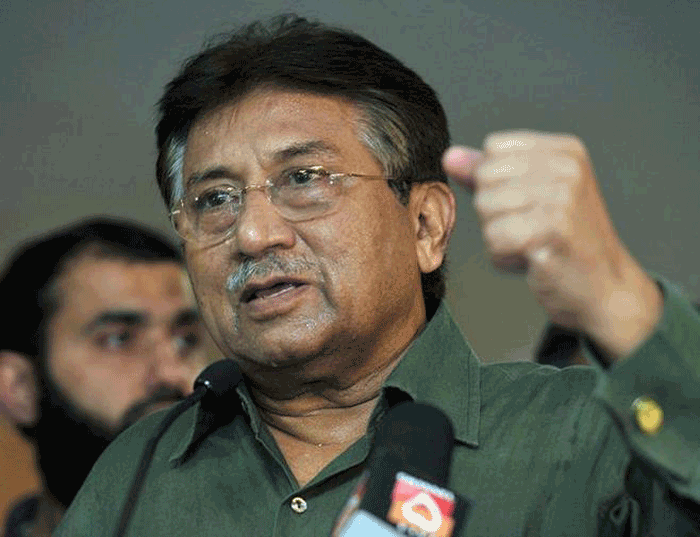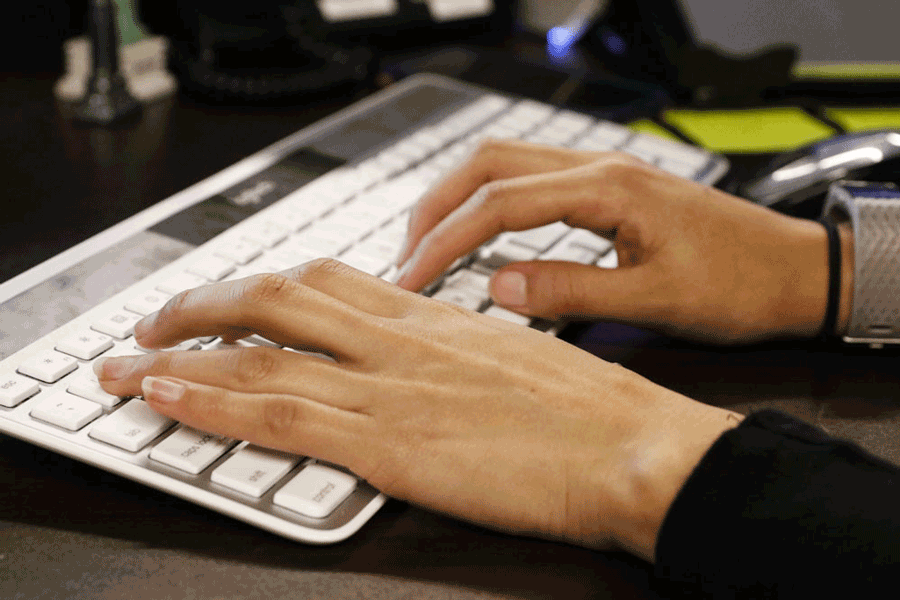The Thick Red Line
By Zebunnisa Burki | Cover Story | Published 6 years ago
Responsible editing is possibly the least appreciated job in journalism – un-glamorous and thankless. On a good day, an editor’s job in any newsroom is hardly peachy. Your reporters will be upset when you edit out certain parts of their report; your columnists will write (or call, or WhatsApp) to you about that perfect paragraph that got ruined due to the dreaded blue pencil.

Editing in controlled environments and surveilled societies, though, is a nerve-wracking job – not because of the reporter, or the writer, but because the editor is straddling the thick red line running between telling truth to power and caving in to restrictions imposed by those that hold the ultimate power in a state and society, all the while fighting the inevitable descent into self-censorship.

As journalists in Pakistan, we have seen and heard of some of the bravest of our colleagues who persevered in the face of some of the toughest restrictions on the press – from dictatorial regimes to fascist political parties to extremist groups. The Pakistani journalist we grew up idolising stood tall and proud – and many have lived to tell those tales of resistance which inspired so many of us to enter the hallowed hallways that so many brave men and women have walked through.
The Pakistani media boom during the Musharraf years had led to a (perhaps rather false) sense of relative security. TV channels were booming, [some] journalists were being paid a lot of money, even a military dictator was forced out – despite the crackdown on the media and journalists. Life was good.
Perhaps, this false sense of security and complacency during the relatively free democratic years, starting in 2008 (though not without their own set of red lines), should have been the first warning sign.
Because as we stand today, as journalists we tiptoe around thick red lines drawn by the powerful and the compulsions of self-censorship brought on by a glaring absence of journalist solidarity and collective resistance.
How then does one define the ‘challenges’ faced by the media when the usual line is to deny there is any problem? Does one deny that columns are regularly ‘dropped’ or that lines are redacted from powerful stories on front pages or that TV shows are bleeped or even huge chunks cut out? Do we deny that constant fear that haunts?

The editors in the Pakistani newsrooms of today not only need to worry about corporate lawsuits or disgruntled reporters/writers or the odd stepping out of the ‘usual’ line in the sand. Today, they worry about relations with friendly countries or international financial institutions or the way an election is reported or how to – and whether or not to – report protest movements and civil rights issues – or even the usually-routine annual budget. They worry that the thesaurus will run out of softer, less obvious words. They worry when their writers use social media to tell the truth and they worry when they have to tell them that the line was too thick and too red for any of their words to be printed. They worry that when they insist on doing their job, they might end up causing even more lay-offs or even more blacked-out TV channels and undistributed newspapers.
But most of all they worry when they realise they are – in effect – the new censor.


